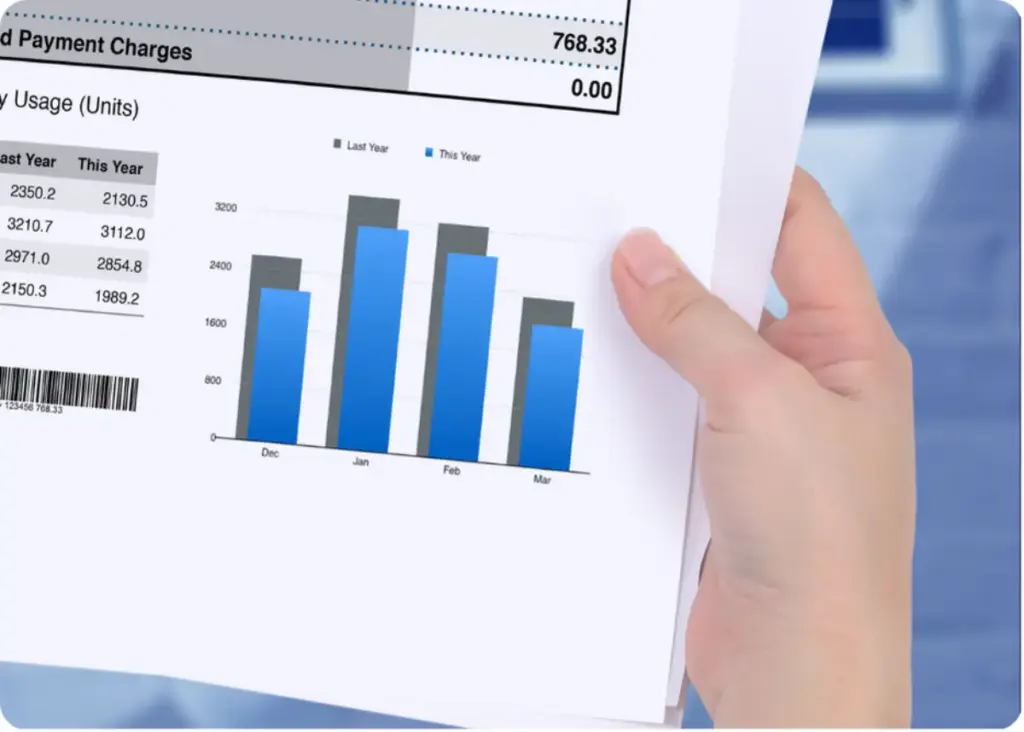
Understanding Sliding Scale Payment Plans
A sliding scale payment plan is a flexible billing option that adjusts the cost of services based on a person’s income and financial situation. In healthcare and addiction treatment, sliding scales make care more accessible by ensuring that cost isn’t a barrier to recovery.
Instead of a one-size-fits-all price, sliding scale models look at household income, family size, and ability to pay. For example, someone with lower income may pay significantly less for treatment than someone with higher income, while still receiving the same quality of care.
This approach has grown as more people face challenges with insurance coverage or out-of-pocket costs. According to the Kaiser Family Foundation, nearly 1 in 4 adults report skipping healthcare due to cost. Sliding scale payment plans exist to make essential services more affordable and equitable.
Why Sliding Scales Matter for Patients and Families
Money stress is a major barrier to getting treatment. Families often delay care due to cost concerns. Sliding scale plans remove that uncertainty, giving people hope that help is within reach.
- Affordability Without Sacrificing Care: Sliding scales adapt to your situation, whether earning minimum wage or managing family expenses.
- Privacy and Dignity: Families can discuss finances openly with providers without fear of judgment.
- Access to Life-Saving Treatment: By lowering financial barriers, more people can get the help they need when they need it most.
“Sliding scales aren’t about discounts—they’re about dignity. They make sure cost doesn’t decide who deserves care.”
The National Institute on Drug Abuse reports that access to affordable treatment increases the likelihood of long-term recovery outcomes. When care is financially possible, recovery becomes far more achievable.
How Sliding Scale Payment Plans Work in Practice
Sliding scale models are straightforward, though each provider may have slightly different processes. Typically:
- Income Review: Provide proof of income, such as pay stubs or tax documents.
- Family Size Consideration: Rates are adjusted based on how many dependents you support.
- Adjusted Payment: Receive a reduced fee for services—therapy sessions, outpatient care, or residential treatment.
- Ongoing Flexibility: Payment plans can often be recalibrated if financial situations change.
Think of it like a staircase—you pay at the step that matches your financial capacity, rather than being asked to climb to the top.
Sliding scales can cover everything from counseling appointments to full rehab programs. Some centers pair sliding scales with scholarships or grants, further reducing costs.
“We thought recovery was out of reach, but the payment plan gave us a way forward. It wasn’t easy—but it was possible.”
Recap, Key Takeaways, and Expert Thoughts
- A sliding scale payment plan adjusts costs based on income, making treatment more affordable.
- It reduces financial barriers, allowing more people to access life-saving care.
- The process is simple: providers review income and family size, then set a payment that fits your ability.
Expert Takeaway:
Sliding scale plans ensure financial hardship doesn’t prevent someone from accessing treatment. They offer hope, accessibility, and fairness in a healthcare system often stacked against those with fewer resources.
Reviewer’s Note:
Sliding scale payment options change lives. They give families breathing room and the courage to step into treatment, even when finances feel overwhelming. Affordable options are out there, and sliding scales are a powerful tool for bridging the gap between need and access.



 Reviewed by:
Reviewed by:  Written by:
Written by: 




 FindTreatment.gov
FindTreatment.gov